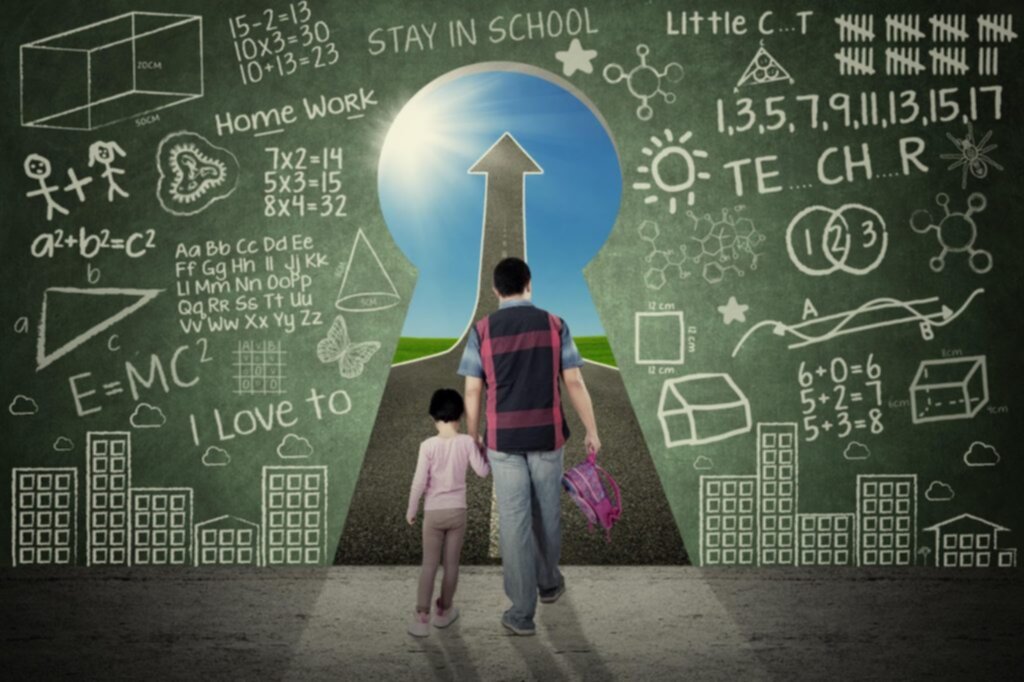
The start of the school year will come around sooner than you know it. And, as a parent, you want nothing more than to make sure that your English Learner (EL) child is ready to start on the educational journey of a lifetime. Kindergarten is such a magical time full of learning, so you want to ensure that your child is ready to start this adventure. Here’s a parent’s checklist for entering kindergarten children to ensure that they are given a fair chance of achieving academic success.
Checklist For Entering Kindergarten
- Language Skills (i.e. communicates in full sentences, uses words to express thoughts and wants, etc.)
- Social and Emotional Skills (i.e. interacts well with others, pays attention to directions, etc.)
- Self-Care Skills (i.e. knows his/her name and phone number, can take care of oneself in the bathroom, knows how to tie his/her shoes, etc.)
- Gross Motor Skills (i.e. can run, climb stairs, hop, etc.)
- Fine Motor Skills (i.e. can use a pencil and scissors, attempts to draw shapes and letters, etc.)
- Reading Readiness Skills (i.e. recognizes familiar words and signs, connects sounds to letters, can draw pictures to express his/her thoughts or feelings, etc.)
- Math Skills (i.e. can count from 1 to 10, understand the concepts of less and more, can decipher between shapes and sizes, etc.)
Practice Makes Perfect
Nothing helps EL children learn and retain what they are learning than practice. This is where the old saying “Practice makes perfect” rings true. If you believe that your child’s skills are not up to standards for entering kindergarten, visit the Latino Family Literacy Project for support and tips on how you can better prepare your child for school. The Project offers seminars and other resources that suggest the use of bilingual books and other techniques that help strengthen young ELs early learning skills.
For instance, you can begin to foster early learning skills with the Latino Family Literacy Project’s Infant and Toddler Program. This program is geared for parents with children from birth to two-years-old. This program introduces the concept of parents as teachers and encourages language development and other skills. Additionally, if your child is older, you can take a look at the Latino Family Literacy Project’s Preschool Program. This program uses age-appropriate books that parents learn to read with their children, pose questions, and foster school readiness skills. This program encourages parents and children to learn English and Spanish vocabulary and literacy skills.
